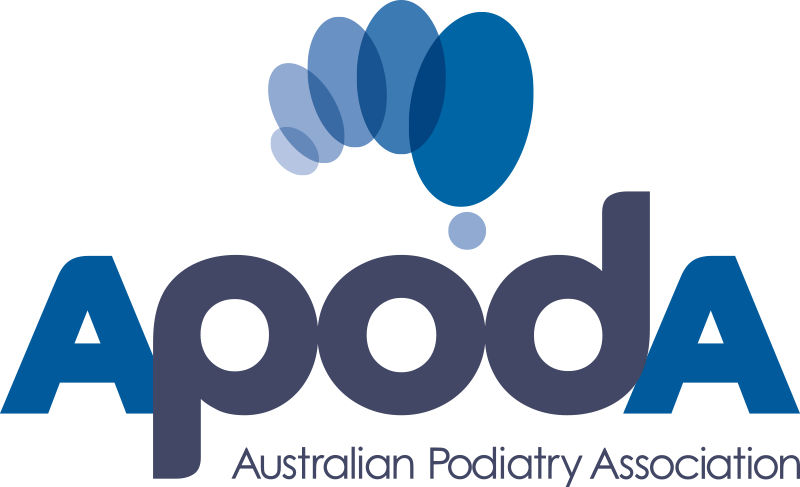
Allied Health Professions Australia (AHPA) has called for extra government funding to ensure aged care homes can access increased allied health service hours; particularly given the concerning drop in allied health contact hours across residential aged care homes in recent years. This month in part one of our two-part series, we take a look at the big picture issues that surround these developments. Next month we’ll examine what the new aged care funding model means for podiatrists.
The APodA will support Allied Health Professions Australia (AHPA) to address inequities around the allocation of allied health care roles in aged care facilities.
Research shows that allied health hours in residential aged care were at around 5.3 minutes per day per patient in December 2021. This is down from 13.1 minutes per patient per day in December 2020. There is limited data that separates different allied health professionals’ allocation within residential aged care facilities. This makes it difficult to understand how much time podiatry is being allocated in these environments.
As of 1 October 2022, a new aged care funding model will come into effect, called the AN-ACC. This funding model is designed as a strengths-based approach to facilitate better functional outcomes for clients. To achieve this funding, assessment is required by a physical therapist or an occupational therapist as a baseline and there are incentives to improve clients’ functional outcomes which does lend itself to allied health.
However, there is no proposed mandated benchmark within this model for allied healthcare minutes, despite reporting of such minutes being mandatory. This presents the potential risk of podiatrists being ‘left behind’, given there can be a lack of value around the work of podiatrists in residential aged care facilities when it comes to understanding the full scope of practice – instead of being perceived as just ‘cutting toenails’ in these facilities. We will share more about this model in upcoming issues of STRIDE.
The case for allied health intervention is clear, given studies show that it helps to avoid hospital treatment and costly intervention over time. The plan for AHPA, and certainly for the APodA, is to work closely with the Labor Government and related networks to ensure pre-election commitments are realised. In particular, to advocate for equitable and fair healthcare access which means that a well-resourced multidisciplinary model must be central to this promise.
Such a model needs to ensure allied health services, such as podiatry, have a strong place in residential aged care services and this is what we will deep-dive into in upcoming issues of STRIDE.
© Copyright 2021 The Australian Podiatry Association
